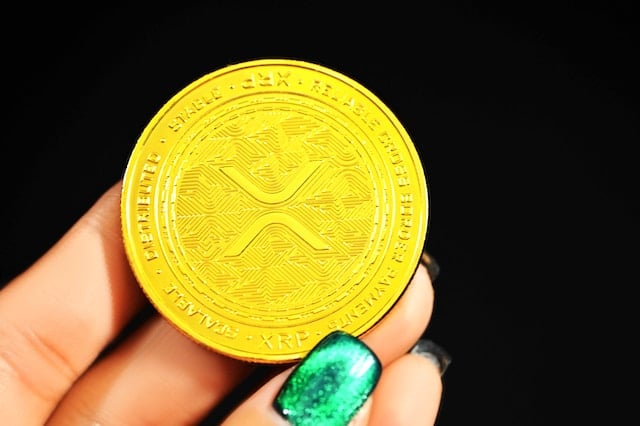Crypto Market in Heavy Waters after Unexpected Ripple Ruling

Ripple versus SEC puts Crypto Market in Heavy Waters
In a significant development for the cryptocurrency industry, a federal judge ruling on the Ripple vs. SEC case brought forth mixed outcomes and added complexity to the debate surrounding digital securities so Bloomberg reports. The ruling highlighted the distinction between Ripple’s XRP token sales to institutional investors versus retail traders, leaving both Ripple and the SEC with reasons to view the decision as a partial victory.
US District Judge Analisa Torres ruled that XRP was considered a security when sold to institutional investors but not to the general public. The judge reasoned that institutional investors were more likely to understand XRP’s securities-like characteristics when pitched by Ripple in the past, while retail traders lacked the same level of awareness. This ruling has provided some credence to the ongoing debate surrounding the classification of cryptocurrencies as securities.
Challenging Rulen in Ripple versus SEC
However, extrapolating this ruling as a clear win for the broader crypto market proves challenging. The decision was based on retail investors’ understanding of crypto during a period that ended in 2020, when the regulatory landscape and public perception of cryptocurrencies were different from today. The SEC may address this issue by striving for clearer definitions of securities to ensure the general public is better informed moving forward. This approach has been evident in the SEC’s recent lawsuits against various crypto companies, including Binance, Coinbase, and Gemini, which named tokens like Polygon’s MATIC and Algorand’s ALGO as potentially facing similar securities-related concerns.
While the ruling could imply potential relief for exchanges accused of listing securities in relation to retail investors, it only addresses one aspect of the situation. Many crypto projects rely on early token sales to institutional investors and venture capitalists before their public launch, often registering these efforts with regulators to avoid potential legal ramifications. The SEC cited such pre-launch funding arrangements as reasons for asserting regulatory oversight. However, with this ruling, the future of pre-funding initiatives may be in question, unless venture capitalists opt to purchase tokens on the open market where prices are subject to the same volatility as everyone else.
It’s important to note that the SEC’s involvement in the crypto industry continues to expand. The watchdog recently filed charges against bankrupt crypto lender Celsius and its former CEO, Alex Mashinsky. Furthermore, the SEC faces a series of court proceedings and trials in its complaints against exchanges such as Binance and FTX. The Ripple case itself is far from over, with a trial date yet to be determined. Thus, despite the surge in cryptocurrency prices, uncertainties remain, leaving the industry cautiously optimistic yet concerned.





